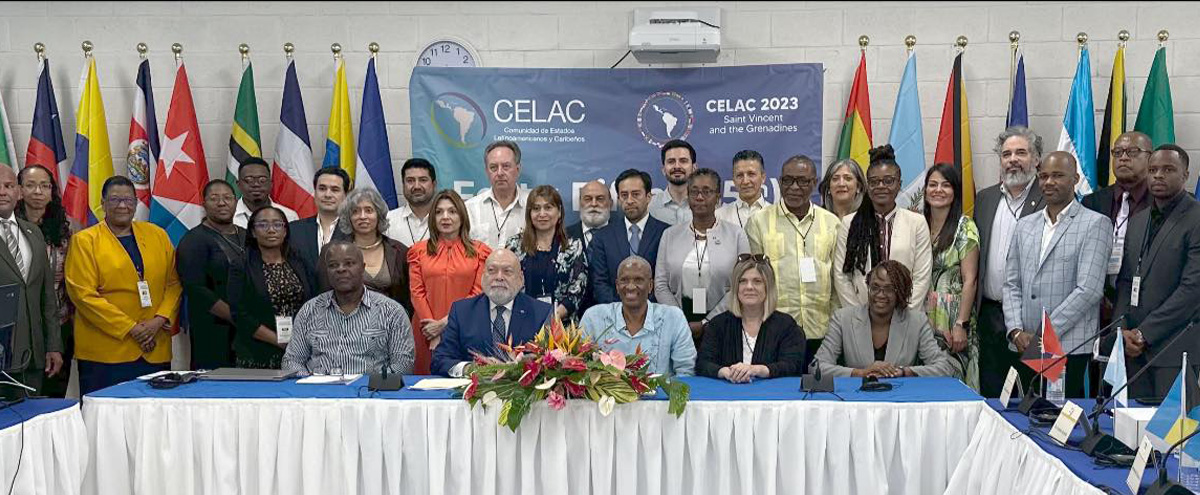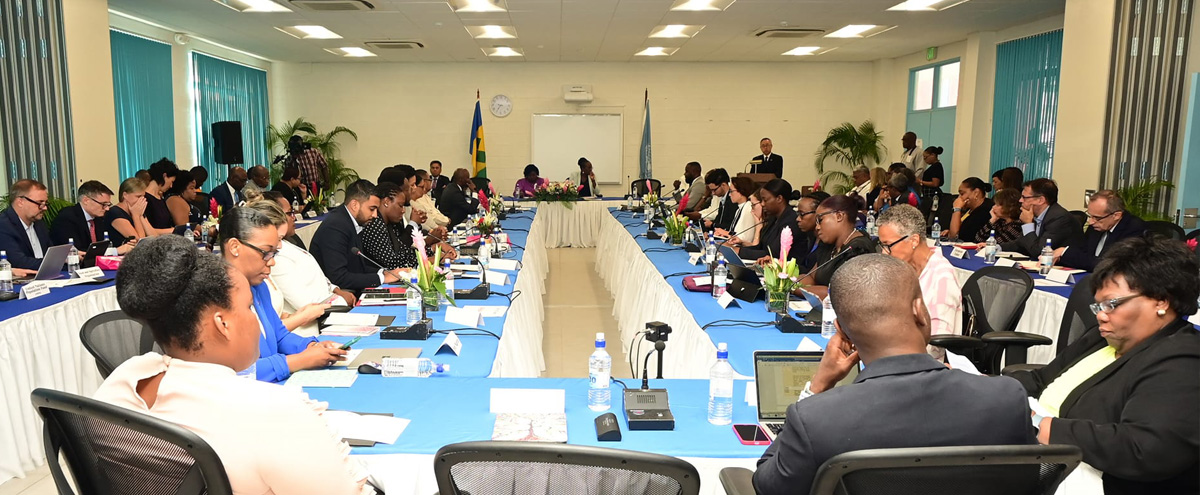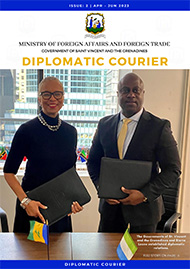
Minister
Welcome
Welcome to the website of the Ministry of Foreign Affairs and Foreign Trade. The Ministry is responsible for coordinating Saint Vincent and the Grenadines' relations with foreign governments, as well as regional and international organizations. It seeks to create opportunities for Saint Vincent and the Grenadines in the field of foreign trade through the negotiation and monitoring of the relevant agreements and treaties.
During HIPCAR’s first phase (2009–2010), teams of regional and international experts assessed existing legislation of beneficiary countries as compared to international best practice, in the context of harmonization across the region. These teams worked closely with Caribbean multi-stakeholder working groups and developed model legislation and model ICT policy guidelines in all nine priority areas listed above.
The model policies and legislative texts represent international and regional best practice. They use language and terminology that are broad in scope and flexible enough to allow for adjustments according to a country’s needs.
The working groups ensured broad stakeholder input and relevance to each country. Members of these groups were designated by Caribbean governments and included: specialists from ICT agencies, justice and legal affairs and other public sector bodies; national regulators; and country ICT focal points. Operators, academia, regional and civil society organizations participated as well. This broad base of public-sector participation representing different sectors allowed for a cross-section of views and interests.
To review and adopt by broad consensus the assessments carried out in the 15 beneficiary countries, as well as the model policy and legislative texts, five regional workshops were held: Trinidad and Tobago (October 2009); Saint Lucia (March 2010); Suriname (April 2010); Saint Kitts and Nevis (July 2010); and Barbados (August 2010). In addition, a cost modelling workshop was organized in collaboration with the ITU Centre of Excellence Nodes of the University of West Indies in Kingston, Jamaica (October 2010).
In November 2010, the model policy guidelines and model legislative texts were presented to the 13th General Conference of Ministers of the Caribbean Telecommunications Union, held in Trinidad and Tobago, to the 5th CARICOM Regional ICT Steering Committee meeting, held in Barbados, and in May 2011 to the CARICOM Secretariat’s 36th Special Meeting of the Council for Trade and Economic Development (COTED) — Information and Communication Technologies, held in Grenada.
At its 5th meeting in Barbados in June 2011, the HIPCAR Steering Committee agreed to officially request the CARICOM Secretariat to bring the project’s outcomes to the attention of the Heads of Government and the Regional Legal Committee. This is an important step enabling the new model guidelines to be incorporated at CARICOM level and into national legislation and regulatory frameworks as and when they are revised and updated.
Now in its second phase of implementation (since the beginning of 2011), HIPCAR is offering technical cooperation assistance to countries to help them transpose the regional model policy guidelines and model legislative texts into national legislative frameworks. So far, the following nine HIPCAR beneficiary countries have requested direct in-country assistance: Dominican Republic, Grenada, Jamaica, Saint Kitts and Nevis, Saint Lucia, Saint Vincent and the Grenadines, Suriname, and Trinidad and Tobago, with more countries having expressed interest in assistance.
Countries throughout the Caribbean are at different stages of legislative development. The HIPCAR model texts therefore need to be customized in each case, and the transposition process adapted to local circumstances. Harmonization nevertheless remains an essential goal of this process.
In order to address the limited human and technical resources throughout the region, capacity building is also an essential part of the HIPCAR project. Consultation and training workshops are designed to allow broad-based multi-stakeholder involvement at country level. The training aims at raising awareness of the updated legal framework in order to foster an understanding of the roles and responsibilities of those involved in implementing the legislation.
To date, consultations and capacity building workshops have been conducted in four countries — and more are planned. So far, information society topics covered in the second phase of HIPCAR include e-commerce (transactions) in Trinidad and Tobago, and e-commerce (evidence), interception of communications and cybercrime both in Barbados and in Saint Kitts and Nevis.
Assistance to Saint Lucia has covered interception of communications, access to public information (freedom of information), and telecommunication matters related to universal access and service, interconnection and access, and licensing. Chief Public Utilities Officer in the Ministry of Communications and Works, Barrymore Felicien, explains “We are trying to work into our legislation the modern practices taking place so that we in Saint Lucia would be better prepared to face the technological challenges facing us.”
HIPCAR is just one of three regional projects under a broader global initiative to address policy and regulatory challenges facing the African, Caribbean and Pacific (ACP) group of countries, with the goal of creating an enabling environment for greater investment in ICT infrastructure and ICT-enabled applications. The other two are: “Support for Harmonization of ICT Policies in sub-Saharan Africa” (HIPSSA); and “Capacity Building and ICT Policy, Regulatory and Legislative Frameworks Support for Pacific Island Countries” (ICB4PAC).
In December 2007, ITU and the European Commission agreed to implement jointly this large-scale global initiative known as "Support for the Establishment of Harmonized Policies for the ICT Market in the ACP”, while building human and institutional capacity in the field of policy and regulation in these three regions. The global initiative also seeks to develop trans-regional synergies in order to promote shared solutions and best practices. To avoid duplication and to increase efficiency, past and current initiatives undertaken by other organizations, such as the European Commission, United Nations agencies and the World Bank are as far as possible taken into account. The global initiative has a time-frame from January 2008 to September 2013, and operates with a budget of EUR 8 million funded by the European Commission, plus a complement of USD 500 000 provided by ITU.
Speeches
- Message From Dr., The Honourable, Ralph E. Gonsalves, Prime Minister, Saint Vincent And The Grenadines To Mark The Thirty-eight (38th) Anniversary of Independence
- 72nd UNGA Statement by Minister of Foreign Affairs Sir Louis Straker
- Address To The 46th General Assembly Of The OAS by Hon. Camillo Gonsalves
- Eight Session of the WTO Ministerial Conference
- Minister's Speech
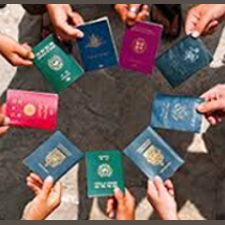

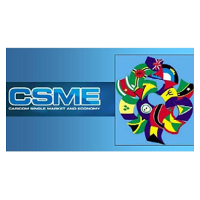
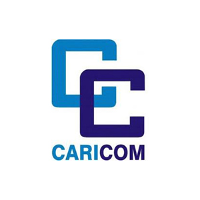
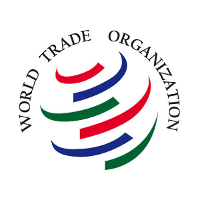
Website developed and managed by the Information Technology Services Division
Telephone: +1 784 457-1007
© 2024 Government of St Vincent and the Grenadines
